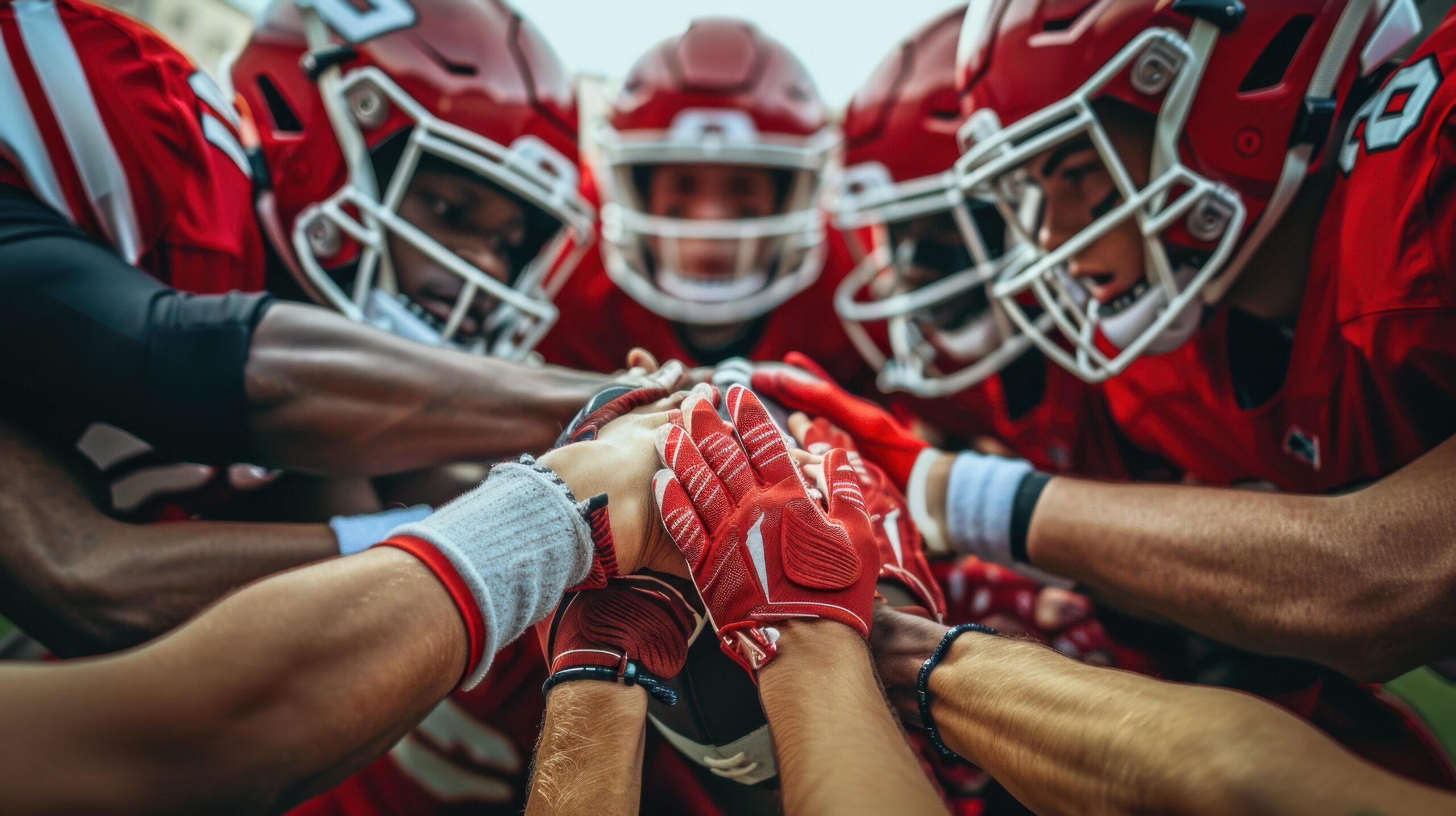Football is often called the ultimate team sport, and for good reason. No single player can win a game alone. Each position has a specific role, and every player’s effort contributes to the outcome. Over my years coaching at the high school, junior college, and college levels, I have seen how the lessons learned on the field about teamwork extend far beyond football. Teamwork is a skill that shapes character, builds relationships, and prepares individuals for life.
Understanding Roles and Responsibilities
Teamwork starts with understanding your role and the roles of those around you. On a football field, every position has specific responsibilities. A lineman protects the quarterback. A running back follows the blocks. A receiver runs routes with precision. When each player executes their role and trusts others to do the same, the team functions as a single unit.
In life, the same principle applies. Whether at work, in a volunteer organization, or at home, understanding your responsibilities and how they fit into a larger goal is essential. People who recognize their role and contribute effectively make teams stronger and more successful.
Trust and Dependability
One of the most important aspects of teamwork is trust. Players must trust that their teammates will do their jobs and support them in every play. That trust is built through consistent effort, accountability, and reliability.
I often remind my players that trust is earned, not given. When a quarterback knows the offensive line will hold the pocket, he can make better decisions. When a receiver knows his teammates will catch and block for him, he runs his routes with confidence. In life, trust works the same way. Whether in a professional setting or a personal relationship, people need to know they can rely on one another to achieve shared goals.
Communication is Key
Teamwork requires clear and effective communication. On the field, players call out adjustments, read defenses, and share information quickly. Miscommunication can lead to mistakes, lost opportunities, or even injuries.
The same holds true off the field. Teams in the workplace, community projects, or family life must communicate effectively to function smoothly. Sharing information, listening actively, and expressing ideas clearly ensures everyone is aligned and working toward the same objectives. Learning these communication skills in football prepares young people for collaborative success in all areas of life.
Supporting One Another
Teamwork is not just about individual performance. It is also about supporting teammates when they struggle. In football, a missed assignment or a dropped pass is not the end of the world. The strength of a team lies in helping each other improve and maintaining morale even when mistakes happen.
I have coached teams where players lifted one another through challenges, whether by offering encouragement during practice or celebrating small victories in a game. That kind of support builds resilience and fosters a positive team culture. In life, helping colleagues, friends, or family members when they face difficulties strengthens relationships and promotes success for everyone involved.
Leadership Within the Team
Leadership is an important component of teamwork. On a football team, leadership comes from captains, quarterbacks, and experienced players who set an example and guide others. Leadership does not mean dominating or controlling others. It means providing direction, motivation, and support so the team can succeed collectively.
In everyday life, leadership within a team is just as valuable. It may involve guiding a project at work, mentoring a younger colleague, or helping coordinate a community effort. Effective leaders help others see their strengths, encourage collaboration, and foster an environment where everyone can contribute their best.
Learning from Challenges
Teamwork teaches individuals to face challenges together. Football is full of moments where teamwork is tested, whether overcoming a deficit in the fourth quarter or adjusting to unexpected circumstances. Success often depends on the ability to work together under pressure, adapt, and keep moving forward.
The lessons learned from these experiences carry into life. Facing challenges as part of a team teaches problem-solving, patience, and resilience. Individuals learn that collective effort can overcome obstacles that may be impossible to tackle alone.
The Balance of Individual and Team Success
While teamwork is essential, it is also important to balance individual contributions with team goals. Each player brings unique skills, and their individual success contributes to the team’s overall performance. Teaching players to excel in their own roles while supporting others reinforces the idea that personal achievement and collective success are not mutually exclusive.
In life, this balance is just as important. Professionals, students, and community members must find ways to develop their talents while contributing to the success of the larger group. Learning to celebrate both personal achievements and team accomplishments creates a healthy, productive environment.
Applying Teamwork Off the Field
The principles of teamwork learned in football extend naturally to everyday life. Understanding roles, building trust, communicating effectively, supporting others, exercising leadership, and working through challenges are all skills that prepare individuals for careers, families, and communities. People who excel in teamwork are often more adaptable, confident, and capable of handling complex situations.
I have seen countless young athletes take the lessons they learned on the field and apply them in college, their careers, and community service. The teamwork skills they developed in football help them collaborate effectively, build meaningful relationships, and achieve long-term success.
Final Thoughts
Teamwork is the backbone of football and an essential life skill. It teaches responsibility, trust, communication, support, leadership, and resilience. Whether on the field or in everyday life, teamwork shows that success is rarely achieved alone. Players who learn to work together, support each other, and embrace shared goals develop not only as athletes but also as well-rounded individuals prepared to thrive in any environment.
Football teaches more than athletic skills. It teaches people how to work together, lead with integrity, and overcome challenges as a unit. Those lessons last a lifetime and help shape character, relationships, and opportunities long after the final whistle blows.
